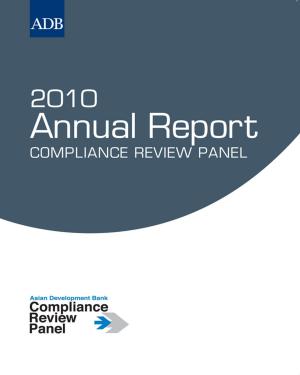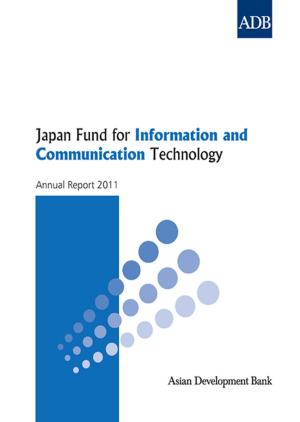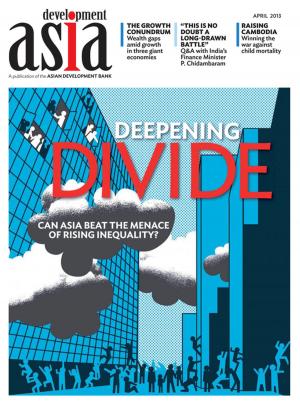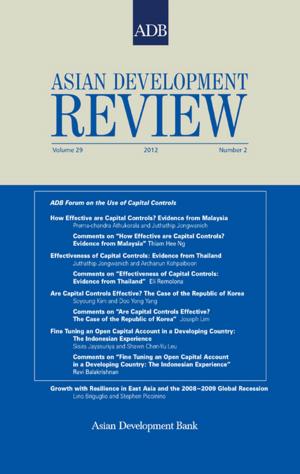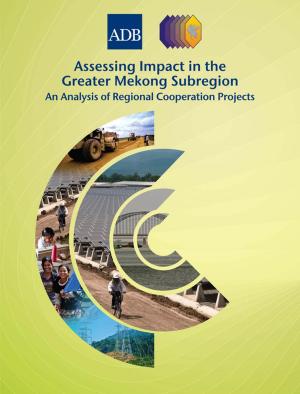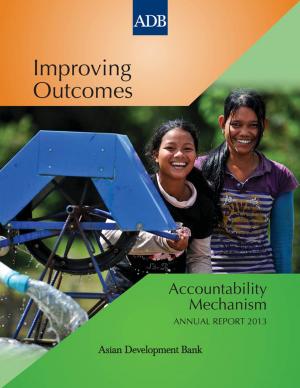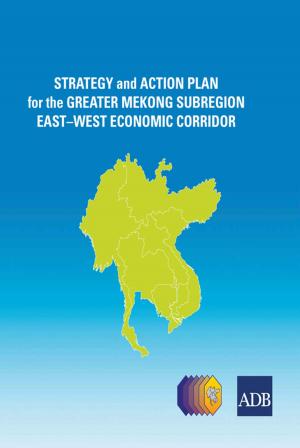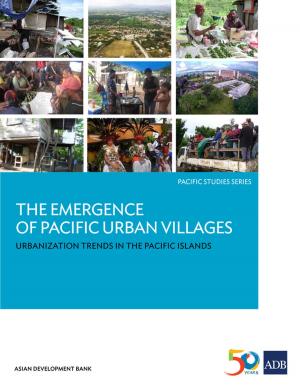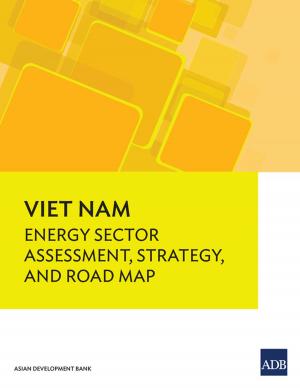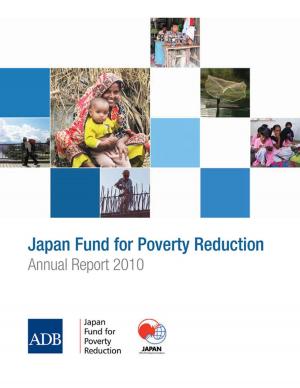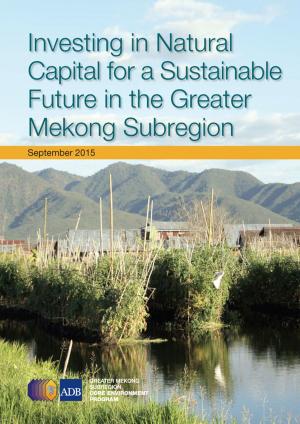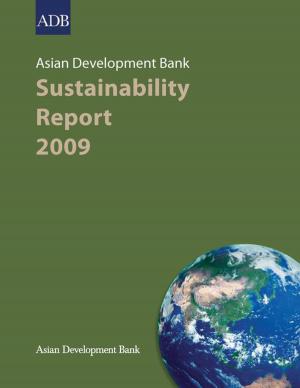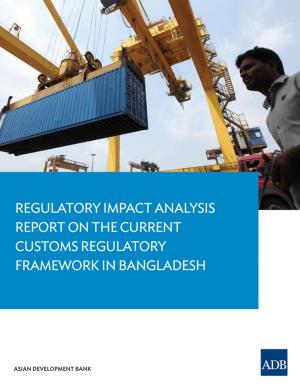Fossil Fuel Subsidies in Asia
Trends, Impacts, and Reforms: Integrative Report
Nonfiction, Science & Nature, Technology, Power Resources| Author: | Asian Development Bank | ISBN: | 9789292572990 |
| Publisher: | Asian Development Bank | Publication: | March 1, 2016 |
| Imprint: | Asian Development Bank | Language: | English |
| Author: | Asian Development Bank |
| ISBN: | 9789292572990 |
| Publisher: | Asian Development Bank |
| Publication: | March 1, 2016 |
| Imprint: | Asian Development Bank |
| Language: | English |
Unsustainable budgetary cost of selling oil, gas, and coal at low prices has propelled energy subsidy reform in developing Asian economies. This report measures the size of associated subsidies on these fossil fuels including direct transfers, tax exemptions, subsidized credit, and losses of state enterprises in India, Indonesia, and Thailand. An analysis of complex interactions between economic, social, energy, and environmental issues shows that the initial rise in energy prices due to a reduction or removal of the subsidies will nudge households and businesses to shift to alternative fuels, make investment in clean energy attractive, increase energy supply, reduce energy shortages, and cut greenhouse gas emissions. Using the money freed up from subsidies to compensate poor households and to increase government budgets will offset the negative effects of the initial price rise, promote sustainable energy use, and help allay the fears of reform.
Unsustainable budgetary cost of selling oil, gas, and coal at low prices has propelled energy subsidy reform in developing Asian economies. This report measures the size of associated subsidies on these fossil fuels including direct transfers, tax exemptions, subsidized credit, and losses of state enterprises in India, Indonesia, and Thailand. An analysis of complex interactions between economic, social, energy, and environmental issues shows that the initial rise in energy prices due to a reduction or removal of the subsidies will nudge households and businesses to shift to alternative fuels, make investment in clean energy attractive, increase energy supply, reduce energy shortages, and cut greenhouse gas emissions. Using the money freed up from subsidies to compensate poor households and to increase government budgets will offset the negative effects of the initial price rise, promote sustainable energy use, and help allay the fears of reform.

